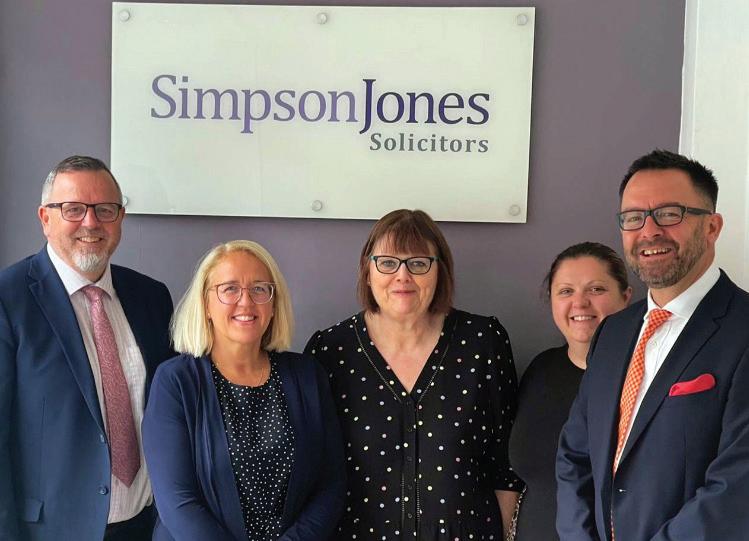
2 minute read
Meaningful Inclusion
Inclusion is not an add on or a tick box exercise; woven into the fabric of an organisation, it drives meaningful change, benefitting everyone.
Over 20% of working age adults have a disability, mental health or long-term health condition, or are neurodivergent.1 This is a significant proportion of the population, but this is rarely, if ever reflected, in the number of people who choose to share this with their employer. 70-80% of these are unseen conditions, also known as hidden or invisible disabilities.2 83% of people also acquire a disability during their working lives3, either gradually (through deterioration of sight/hearing etc) or suddenly as a result of a diagnosis.
If your workforce does not reflect these numbers, do you know the reason for this? • Are you confident you have asked the right questions? • Does your workforce feel safe to share their disability, neurodivergence and long-term condition with you? • Do they attend work as their authentic selves able to perform at their best, or are they masking something or not working to their full potential? • Are your HR teams and line managers appropriately trained and empowered to have conversations around disability and identify appropriate adjustments?
‘Legally Disabled? The career experiences of disabled people working in the legal profession’ (Foster & Hirst, 2020) research found that that there was much to be done to improve the experiences of disabled people in the legal profession. Whilst there is a groundswell of change, very often employees don’t share their disability as they are unsure if their condition would be classed as a disability, they ‘don’t feel disabled enough’ or will only tell their employer if they run into difficulties, rather than being set up to succeed from the outset. Line managers can often be apprehensive about the language to use, questions to ask and concerned about the potential for causing offence. So, we end up with an impasse where people mask or conceal the impact of their disability and can’t work to their strengths.
At Enable Disability & Inclusion Consultants we offer end-toend solution-focused support to enable organisations to remove barriers to high performance through meaningful inclusion. Delivering specialist consultancy, audits, training and individual workplace assessments, we are passionate about supporting our clients to attract, build and retain an agile, high performing and diverse workforce.
We specialise in neurodiversity, mental health and unseen conditions, also known as hidden or invisible disabilities and offer a professional, pragmatic, and supportive approach, enabling your people to work to their strengths. Our services will benefit your organisation as a whole, by maximising satisfaction and productivity and minimising the potential for conflict in your workplace.
Do you want to become one of the growing numbers of organisations who recognise the true value of meaningful inclusion? Working with us to become more inclusive will help you to: • Examine where barriers exist in your policies, processes and practices. Often barriers remain invisible unless experienced. • Remove barriers in recruitment processes, policies and day-today working practices and create a more inclusive workplace • Benefit from having a truly diverse and inclusive workforce by attracting and retaining the best candidates for the job.
Kate Dean, Director of Enable Disability & Inclusion Consultants
1 The employment of disabled people 2021 DWP (February 2022): https:// www.gov.uk/government/statistics/the-employment-of-disabledpeople-2021/the-employment-of-disabled-people-2021
2 https://hiddendisabilitiesstore.com/insights/category/invisibledisabilities
3 Disability Confident: https://www.gov.uk/government/publications/ disability-confident-guidance-for-levels-1-2-and-3/level-2-disabilityconfident-employer











